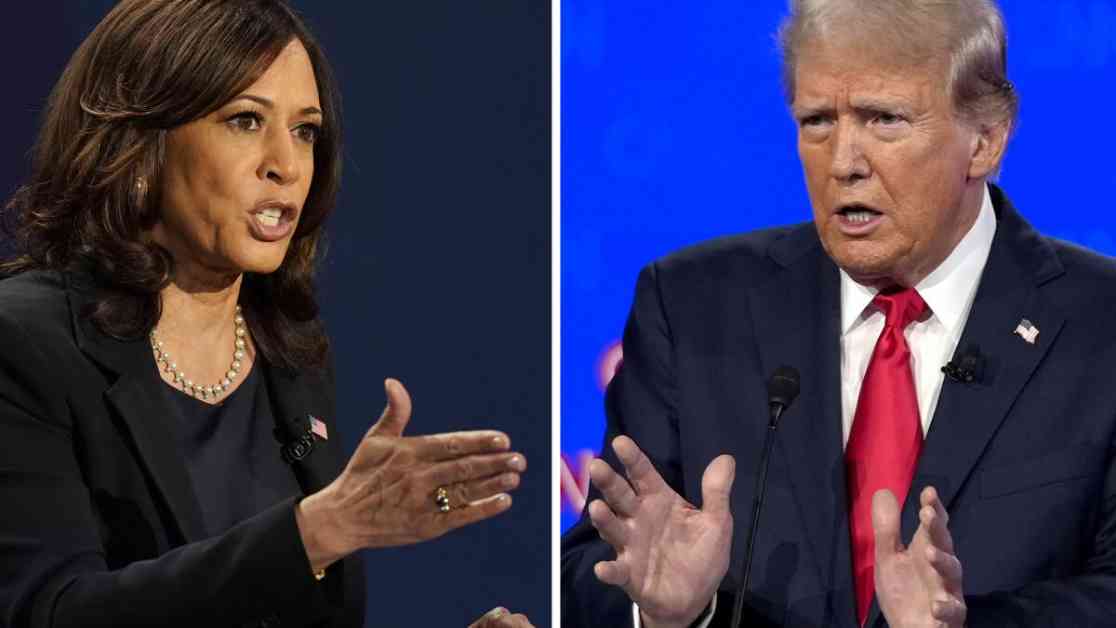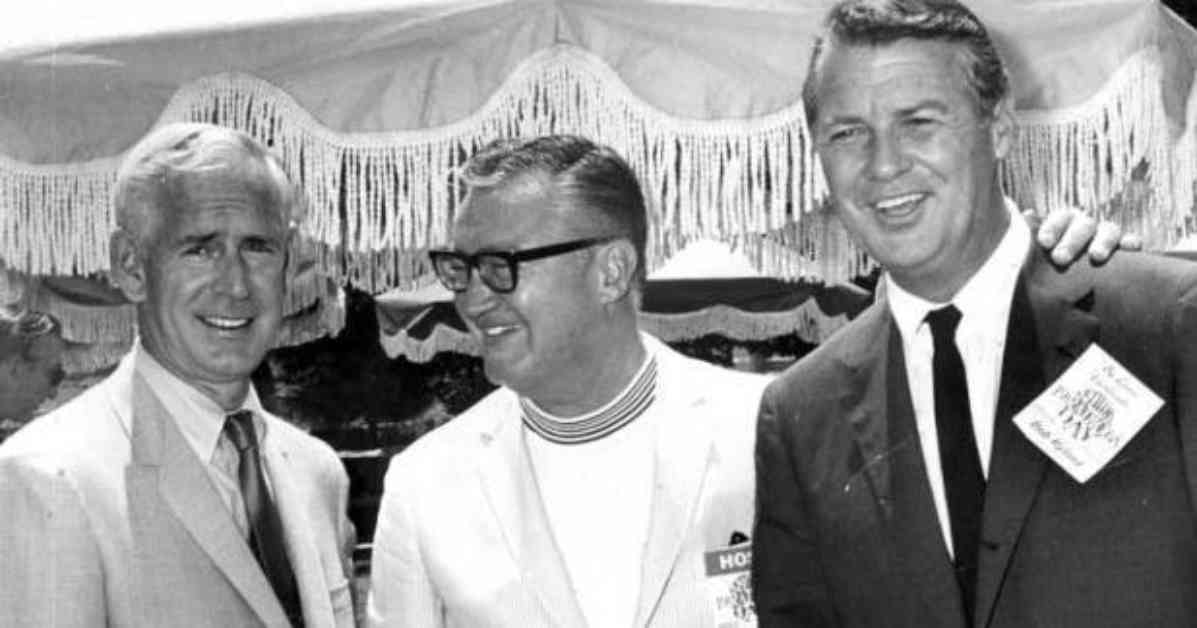In a surprising turn of events, the upcoming presidential debate between Vice President Kamala Harris and former President Trump has become the subject of intense debate itself. With both camps at odds over whether the candidates’ microphones should be muted when it’s not their turn to speak, tensions are running high as the big day approaches.
Open Mic Controversy
The issue of muting candidates’ microphones during debates first came to the forefront during Trump’s June debate with President Biden. Trump’s incessant interruptions led to his microphone being muted at times, prompting a heated exchange between the two candidates. The decision to mute microphones was met with mixed reactions, with some praising it as a way to maintain order and fairness, while others criticized it as a form of censorship.
Now, as the next debate approaches, the question of whether to mute microphones has once again arisen. Vice President Harris’ campaign has requested that the candidates’ microphones remain open, or “on,” during the debate, while the Republican camp argues for muting microphones when it’s not a candidate’s turn to speak. This issue has become a point of contention between the two camps, highlighting the importance of maintaining decorum and fairness in political debates.
Trump’s Response
Former President Trump has not been shy about expressing his opinions on the matter. In a recent post on his Truth Social platform, Trump suggested that he may not show up for the debate hosted by ABC News. Citing his displeasure with the network’s coverage and what he perceived as bias against him, Trump hinted at the possibility of skipping the debate altogether. This move has sparked speculation and uncertainty about the former president’s intentions and the potential impact on the upcoming debate.
Trump’s reluctance to participate in the debate has raised questions about his ability to engage in a civil and productive discussion with Vice President Harris. Some have criticized Trump for his behavior during past debates, citing his tendency to interrupt and antagonize his opponents. The decision to mute microphones during the upcoming debate may serve as a way to prevent a repeat of these contentious interactions and ensure a more respectful and substantive exchange between the candidates.
Impact on the Election
The debate over muting microphones may have broader implications for the upcoming election. As the candidates prepare to face off in a high-stakes debate, the decision to mute microphones reflects a larger debate about the role of civility and respect in political discourse. With the country divided along party lines and tensions running high, the upcoming debate will be a crucial moment for both candidates to make their case to the American people.
The outcome of the debate could have a significant impact on the election, shaping public opinion and influencing voter decisions. The candidates’ ability to engage in a constructive and substantive debate will be closely watched by voters and pundits alike. As the candidates prepare to take the stage, the nation waits with bated breath to see how the debate will unfold and what impact it will have on the election.
In conclusion, the upcoming debate between Vice President Harris and former President Trump has become a focal point of the election, with the issue of muting microphones taking center stage. The decision to mute microphones reflects broader debates about civility and respect in political discourse, highlighting the importance of maintaining order and fairness in debates. As the candidates prepare to face off, the nation watches with anticipation to see how the debate will unfold and what impact it will have on the election.



























